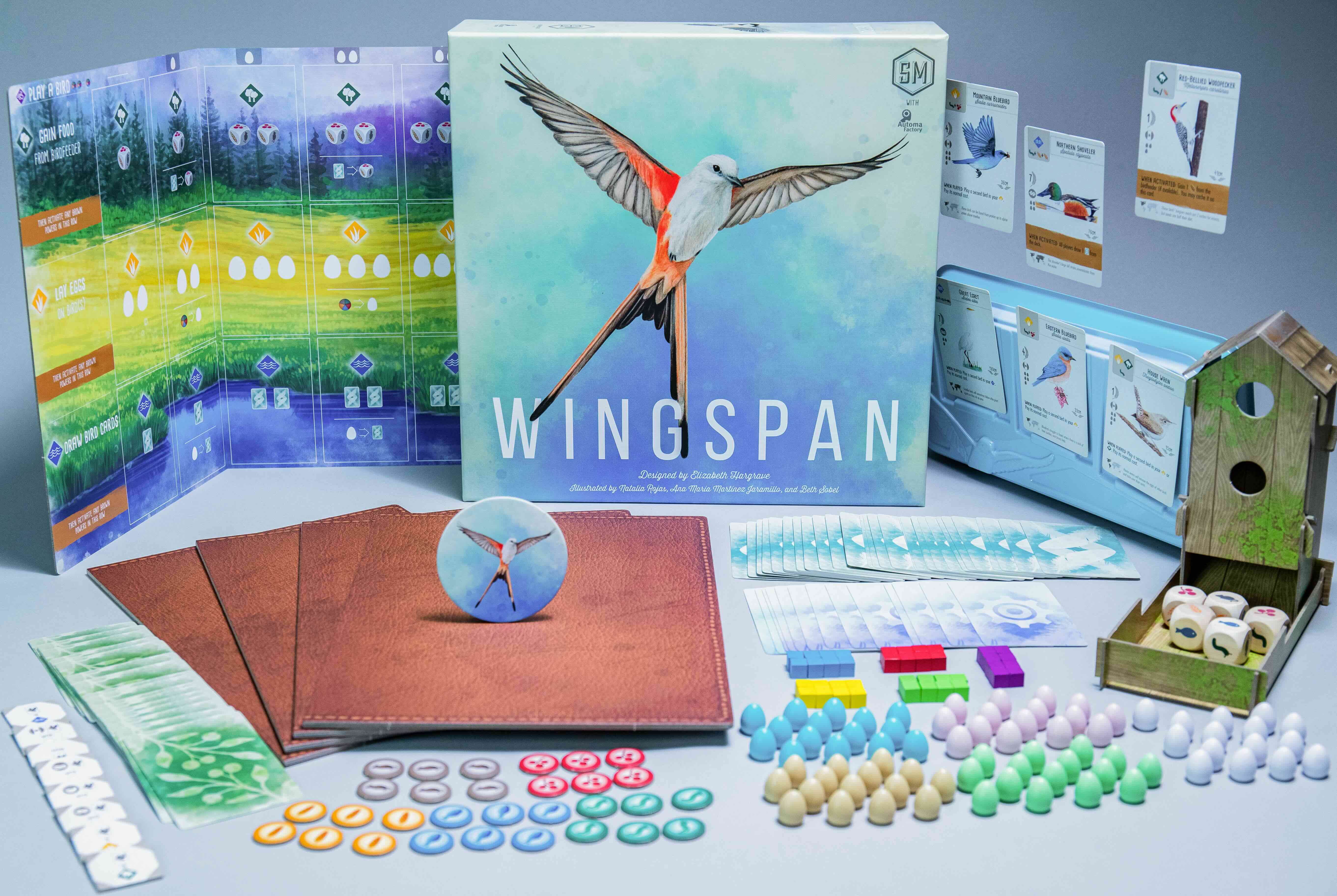Dice, Dollars, and Defiance: Board Game Makers Challenge Trump's Tariff Tactics

A coalition of board game companies has launched a legal challenge against the Trump administration, signaling a unique intersection of the gaming industry and federal policy. Stonemaier Games, XYZ Game Labs, Spielcraft Games, Rookie Mage, and Tinkerhouse Games have joined forces to file a lawsuit challenging recent administrative actions that potentially impact their business operations.
The collaborative legal effort highlights the growing tension between creative industries and government regulations. These innovative game developers are taking a stand to protect their interests and challenge what they perceive as potentially restrictive policies that could hinder their ability to design, produce, and distribute board games in the current market landscape.
While specific details of the lawsuit remain confidential, the united front presented by these gaming companies suggests a significant and principled approach to addressing their concerns with the administration's policies.
